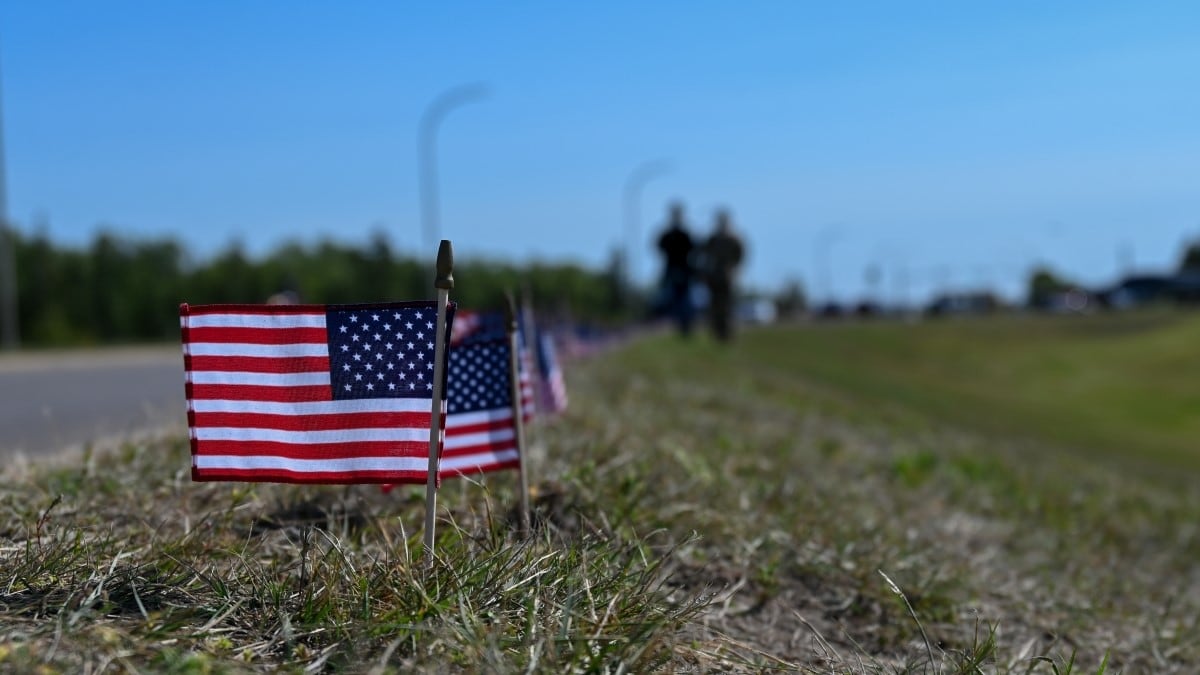WASHINGTON — After a year of operations, the mostly secret work of the special House committee investigating the 2012 Benghazi attacks is fueling partisan rancor that threatens to bleed into the 2016 presidential election.
Public hearings have been scarce, a final report is many months away, and the committee, which marks its one-year birthday on Friday, has spent most of its time reviewing documents and talking to witnesses behind closed doors.
The only work product available for public viewing consists of snippy letters between Republicans and Democrats on the committee, and between those Republicans and former Secretary of State Hillary Rodham Clinton's lawyer over who will be interviewed when, and by whom.
But Rep. Trey Gowdy, R-S.C., the panel's self-assured chairman, said the lack of transparency is intentional and doesn't mean there hasn't been progress.
In a Thursday interview, Gowdy said he expects to review 25,000 documents Congress has never seen and to interview 50 witnesses never before interviewed. He said the committee, formally known as the House Select Committee on Benghazi, could finish its report by the end of the year.
"We were asked to write the final, definitive accounting... not have a hearing with great ratings or provide a lot of theater and drama," Gowdy said. "I am willing to put up with the criticism until we produce a final report."
Committee Republicans will issue a one-year progress report on Friday.
Four Americans, including Ambassador Chris Stevens, were killed when terrorists attacked U.S. facilities in Benghazi, Libya, on Sept. 11, 2012. One suspect, Ahmed Abu Khatallah, is in U.S. custody, and the criminal investigation is ongoing.
The Benghazi committee, created by a House vote, has grown into a multimillion-dollar operation complete with staff, security clearances, offices and subpoena power.
It spent about $1.8 million in 2014, most of it in salaries. Pay is typical for congressional staff, including $172,500 annually for the Republican staff director/chief counsel, and $70,000 for the Democrats' press secretary.
In the first quarter of 2015, the committee spent another $916,000. It has almost $3.7 million remaining, but Gowdy has said he doesn't expect to spend that much.
The panel was created because House Republicans were unsatisfied with the seven previous congressional inquiries into the attacks. House Speaker John Boehner picked Gowdy, a former state and federal prosecutor, to chair the committee and appointed six other Republicans to the panel. Democrats, initially reluctant to participate, received five seats.
The committee has three lines of inquiry: inadequate security before the attacks, the military's inability to respond in time, and whether the Obama administration, for political reasons, intentionally mischaracterized the attacks as the spontaneous outgrowth of a protest.
Democratic critics of the Benghazi committee say all three issues have already been explored, leading to changes in security protocols, repositioning of military assets and the conclusion that the protest-gone-awry description was a mistake, not a cynical attempt to disguise the attacks' links to terrorism.
Gowdy and the panel's other GOP members say nothing is settled as long as new evidence is still being uncovered.
The biggest revelation to date is that Clinton used a private email account to conduct official business during her term as secretary of state. She decided which emails to turn over to the committee and deleted the rest, igniting a confrontation over whether the public record of her tenure is complete.
The focus on Clinton has led Democrats to speculate that the committee is nothing more a Republican plot to sully her presidential candidacy ahead of the 2016 election.
The panel's top Democrat, Rep. Elijah Cummings, D-Md., said Republicans have strayed from the priority pushed by the families of the four men killed in the attacks -- better security for American personnel overseas.
"They said, 'Please do not turn this into a political football,'" Cummings said in a Thursday interview.
Gowdy, who has asked Clinton to turn over her personal email server to an independent third party for review, said he's focused solely on her Libya-related communications. Broader questions over her email policy will be handled by a separate committee of Boehner's choosing, Gowdy said.
"There is no question someone else is going to do that. I don't want to do it," he said.
Gowdy said Democrats are more focused on how Benghazi affects Clinton than he is, and tensions over 2016 helped short-circuit the committee's bipartisan cooperation. Democrats complained in January that Republicans had shut them out of witness interviews. Gowdy and Cummings gave contradictory explanations at the time.
"I think there are forces outside the committee that probably don't benefit from it being perceived as professional and real and want it to be viewed as other committees -- hyper-partisan and fighting -- and that's when the tactics changed," Gowdy said.
Cummings said it is "absolutely wrong" to think anyone pressured Democrats to be uncooperative.
"Nobody ever made any kind of that statement to me," he said.
Cummings said tensions flared after Republican leaders said the committee would adopt operating rules, but never did.
On Thursday, Gowdy said Democratic members or their staffs have been present at all witness interviews, including interviews of five witnesses who survived the attacks. Four of the five have never before been interviewed by Congress, he said.
The committee's pace of witness interviews has doubled, from two to four per week. Next up: individual interviews of members of the CIA's global response staff in Libya who were interviewed as a group by a previous congressional committee, Gowdy said.
Document production is not moving as swiftly, he said. The committee's last public hearing, in January, focused on the committee's pending requests to the State Department.
Gowdy said the committee also is awaiting records from the Justice Department, the White House and the CIA. He recruited lawmakers on the House and Senate Appropriations Committees to pressure the State Department to speed compliance, especially regarding emails from senior agency officials other than Clinton.
Gowdy also said he wants the committee to interview Susan Rice, who was U.N. ambassador at the time of the Benghazi attacks. Rice said on Sunday talk shows after the attacks that they appeared to be linked to widespread protests reacting to an anti-Muslim video.
The House intelligence committee, in its report released last year, said her comments were based on incomplete and contradictory intelligence at the time.
Democrats say the Benghazi investigation already has lasted longer than congressional inquiries into Iran-Contra, the John F. Kennedy assassination, the attack on Pearl Harbor, and Hurricane Katrina.
Cummings confirmed Gowdy's statement that Democrats have been included in witness interviews, but he said they have yet to discover information that contradicts previous reports.
"Witnesses are just verifying what is already known," Cummings said.
One Republican committee member, Rep. Martha Roby of Alabama, said the yearlong investigation has been worthwhile.
"We're closer now than we ever have been before"1/8 to establishing a clear record of what happened, how it happened and why the attacks happened," Roby said Thursday.
In South Carolina, conservatives critical of how the Obama administration handled Benghazi say they believe the committee will unearth new information.
"Trey is bringing order to chaos," said Sen. Lindsey Graham, R-S.C.
Nic Lane, former chairman of the Spartanburg County Republican Party, said the conservatives in Gowdy's hometown will accept the findings, even if they don't confirm some of the especially sinister conspiracy theories of wrongdoing by Clinton or other Obama administration officials.
"True conservatives who know Gowdy"1/8 know what kind of a prosecutor he was and will stand behind him no matter the outcome," Lane said. "No political maneuvering or inside baseball is going to stop him from producing what he believes is a presentation of all the facts."




